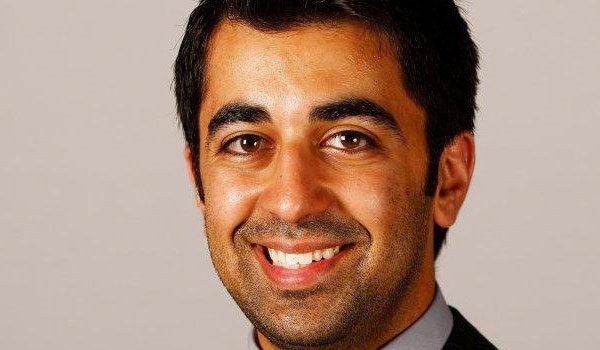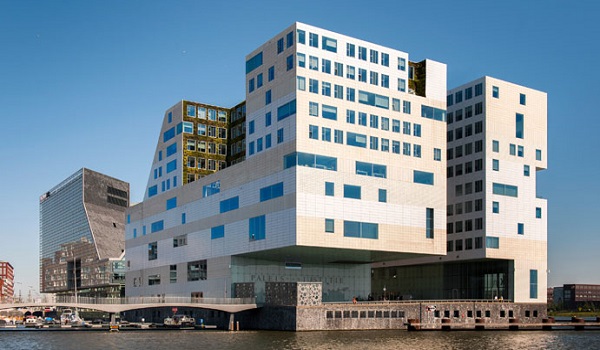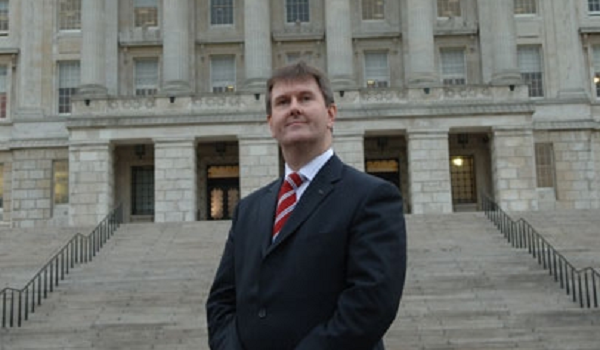Too many contradictions
As Britain prepare to cast its vote, Police Professional’s editor, Paul Lander, gives his assessment of the role of law and order in the outcome of tomorrow’s General Election.
This year, Prime Minister Boris Johnson pulled the Government’s policing policy handbrake and spun the tanker round to face the other direction. All engines are on full thrust to move forward, or is that backwards, to re-assert the Conservative’s claim to be the party of law and order. The headlines that heralded his election as party leader and Prime Minister contained such radical investment in police numbers that the Labour Party has not bothered to focus on crime in this election.
Since then, Home Secretary Priti Patel has championed Police Federation causes, even rejecting chief constables’ views on one occasion in supporting frontline officers.
On the Labour website, the party lists a possible 20 reasons why people can choose to vote for its candidates. Shockingly, none relate to crime. It simply has not been a factor this time around, unlike in 2017 when it dominated the final days of campaigning, even though the service faces lots of problems recruiting and is yet to get up to speed on the Prime Minister’s numbers pledge.
Labour has promised to recruit 22,000 more officers but this does not differentiate it enough to make any impact on polling, particularly when its credibility is low. While Theresa May was probably the Home Secretary most vilified by federated ranks, few are keen to see Diane Abbott ensconced in Marsham Street and dictating police policy.
Labour simply has not built the momentum that it had when it closed the gap on Theresa May’s Tories and resulted in a hung Parliament. This time, then, law and order could be a deciding factor, because of its absence.
What the election campaign has been dominated by though is Brexit. I feel I have to remind readers that, at this 11thhour, leaving the EU with the deal negotiated by Boris’s team will make it harder for policing to operate effectively; international cooperation and access to data are vital to manage complex offending and police travelling criminals.
Labour has refused to take a position on Europe – again – instead leaving it up to local MPs to take whatever stance they like. For instance, in Battersea, where constituents overwhelmingly voted to remain, Labour MP Marsha de Cordova’s first promise is she “will campaign day and night to give people the final say on Brexit & to remain in the EU”. If this is not a contradiction of policy on the biggest issue, I do not know what is. Meanwhile, Labour MPs in Leave-voting constituencies are promising a new Leave deal and a confirmatory referendum.
This campaign will go down in history as the nastiest ever, fuelled by social media, which enables anything but social behaviour.
Claims by each party have been so ridiculous, fact-checking websites have become to lie-comparison websites.
Hate has filled comments and replies, it is not surprising forces have been issuing safety guidance to candidates.
Labour has focused on the NHS as the Conservatives’ Achilles Heel, and its attacks have been relentless. However, its own public sector spending and borrowing have been so extreme even Labour MPs know they are too far-fetched, leaving them trailing in the polls. And that is why this election has become so personal.
There will be huge division across the country if Jeremy Corbyn wins, and even more if Boris Johnson does. But the country wants Brexit done, and we see a vast number of Remainers now recognising the 2016 referendum result and the likely pain of more years of hung parliaments failing to resolve the issue.
Not deciding on Europe is worse than leaving without a deal. We have to hope that, with the signs showing Boris highly likely to get a majority tomorrow and Labour failing to take a lead on this issue, a new Government will attempt to mitigate the loss of so much progress on international law enforcement often led by UK policing.
If only crime had been a higher priority, we might have been able to force a pledge or two on what will happen on December 13, instead of worrying more about public order in the following days and months.







